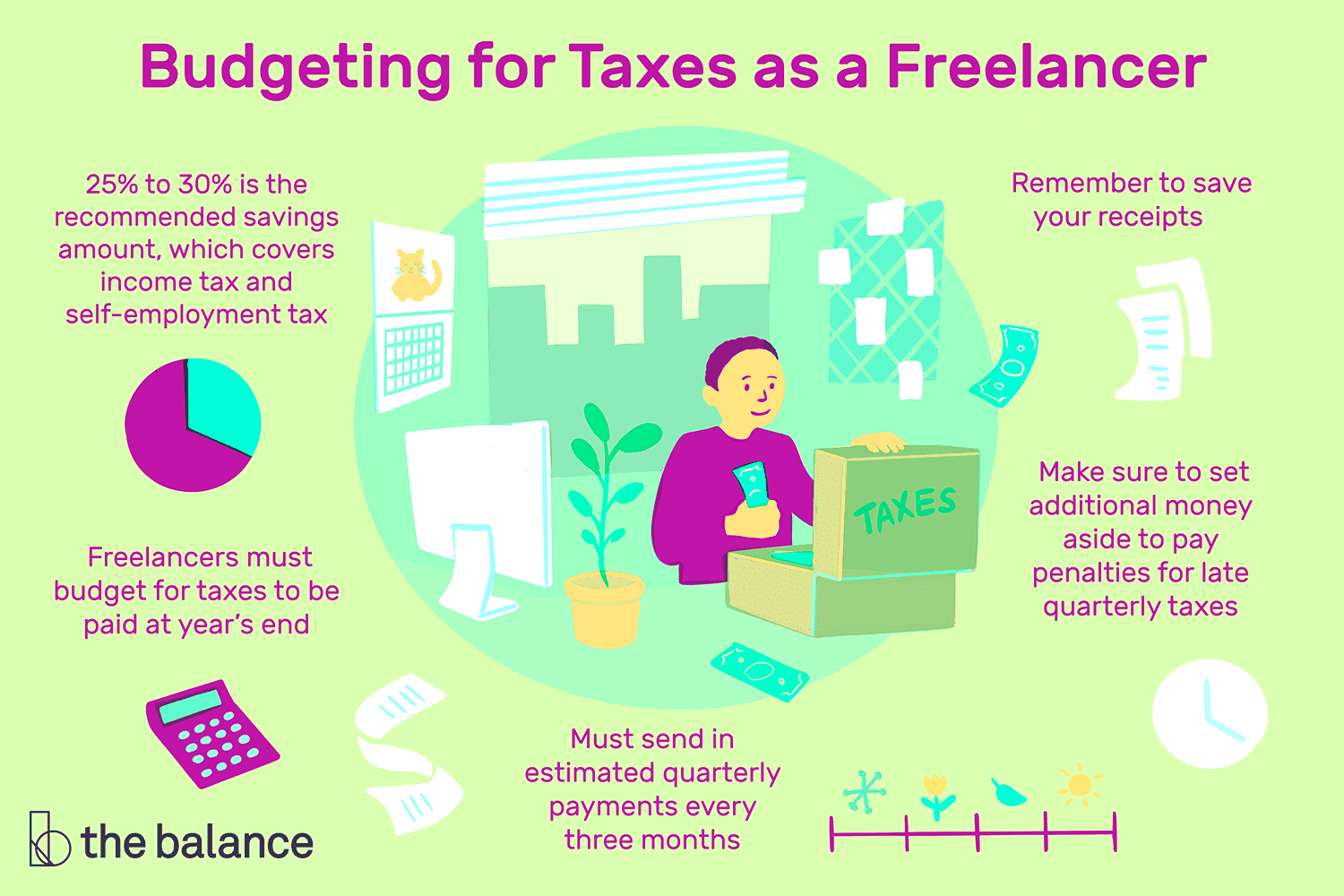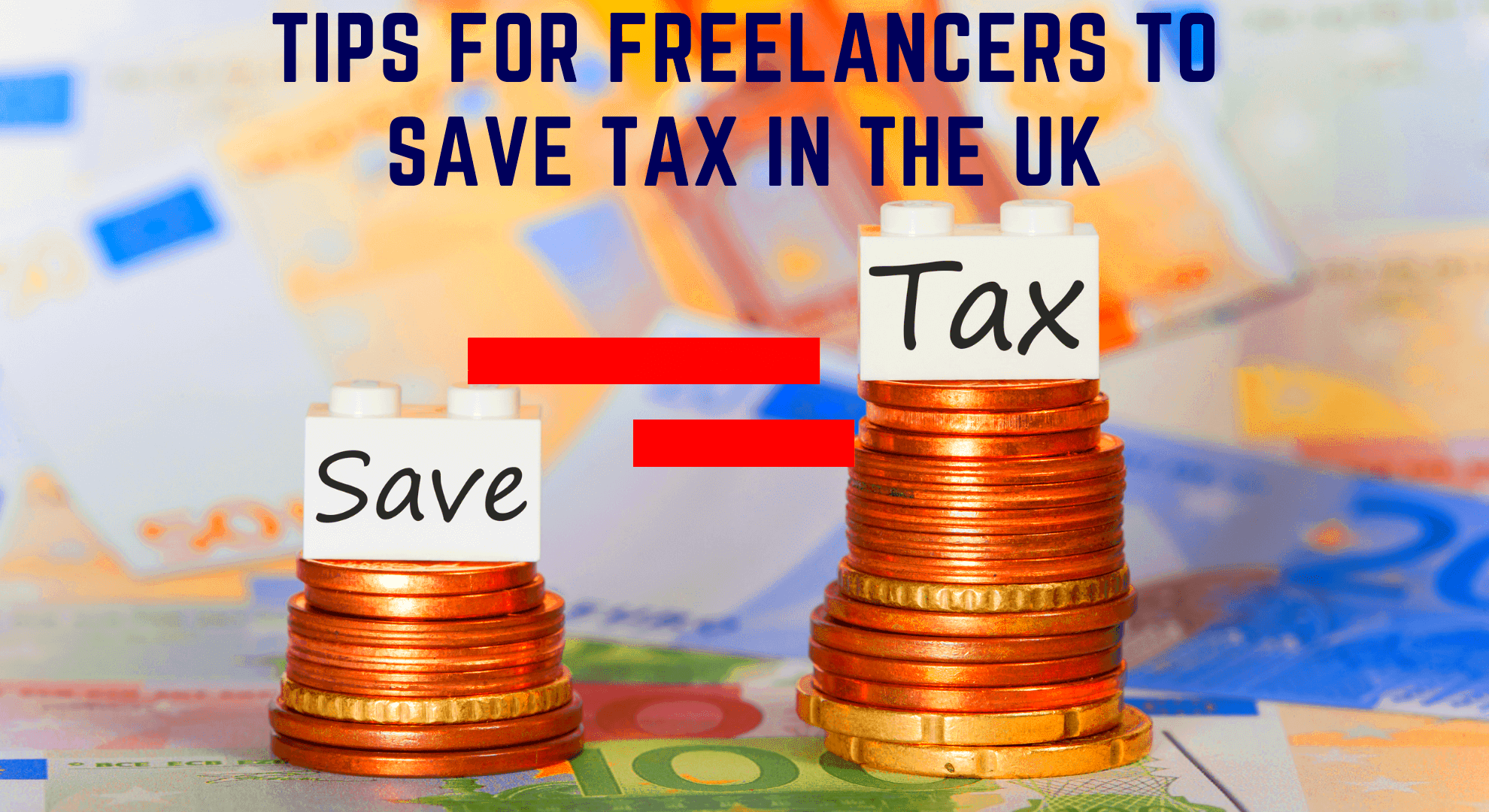59:00 As a freelancer, tax obligations may seem very difficult to manage at first. However, when I started, the thought of taxes made me uneasy. Freelncer are responsible for their own taxes, unlike regular workers who have it done automatically from their salary. On one hand, this freedom is liberating but on the other hand scary.
Freelancers need to be aware of their tax status, which includes:
- Self-Employment Tax: This is a combination of Social Security and Medicare taxes, which can add up significantly.
- Income Tax: Freelancers need to pay federal and, in many cases, state income taxes based on their earnings.
- Quarterly Estimated Taxes: Instead of a single annual payment, freelancers typically make quarterly estimated tax payments to avoid penalties.
It is important to know how much money comes in and how much goes out of your pocket during the year. You can do this much better by using accounting software or just have a basic Excel table. All my life I operated without saving each and every receipt, until one day I found out that it was worth saving because they do reduce taxable income greatly. And then, when tax time comes, if one knows all these things, it will not be that stressful.
Factors That Determine How Much to Save

Saving for taxes is not an easy task; it varies from person to person. All freelance circumstance rely on several factors. Based on my own personal experience, I found out quite early in the journey that if I understood these factors it would help me avoid any future financial problems.
Below are some crucial factors to bear in mind:
- Annual Income: Your income level directly affects your tax rate. The more you earn, the more you should set aside.
- Location: Tax rates can vary significantly between states and countries, impacting how much you need to save.
- Business Expenses: If you have substantial business expenses, they can lower your taxable income, meaning you can save less.
- Current Tax Law: Keeping updated with tax law changes is crucial as they can influence how much you owe.
According to my experience, it would be wise to put aside around 25-30% of your earnings as a guideline for taxation. This is a percentage that I find beneficial during tax season since it relieves some stress.
Also Read This: How Much Fee Does Fiverr Take? Understanding Fiverr’s Pricing Structure
Common Tax Deductions for Freelancers

It is a good thing about freelancing that you can write-off particular business expenses from your taxable income. I still remember how much I was surprised to find the number of write-offs that could be claimed against my income during tax time hence giving me great relief in terms of tax payments. Below are some frequent deductions available for freelancers:
- Home Office Deduction: If you work from home, you can deduct a portion of your rent or mortgage, utilities, and internet costs.
- Equipment and Software: Costs for computers, cameras, and software subscriptions used for your business are deductible.
- Travel Expenses: Business-related travel expenses, including flights and accommodations, can be written off.
- Professional Services: Fees paid to accountants or legal services for business-related help are also deductible.
In tax season, keeping tabs on these expenditures can save you quite a sum. I have a specific folder where I store all my receipts and invoices so that I don’t lose out on any possible deductions. This dimension of freelancing has changed the way I handle my finances.
Also Read This: How to Write an Effective Fiverr Description
Recommended Percentage to Save for Taxes

A big problem is…
It’s hard to know how much money you should set aside for taxes; this is why it is particularly difficult to save enough for taxes. I still recall those times when I was a beginner freelance working from home, and all that filled my mind was the thought of tax season. But eventually through learning and making mistakes along the way, I discovered that as a rule of thumb you could put away a portion of your earning exclusively for tax purposes. The reason behind this advice lies in the fact that saving for taxes not only lightens the load but also clears one's conscience.
The general rate suggested is: for freelancers.
- 25% to 30% of your net income. This range accounts for both income tax and self-employment tax.
Some adjustments are needed in your case. Take into account these factors:
- Your Income Level: If you're earning a higher income, you might want to save closer to 30%.
- Business Expenses: If you have significant business expenses that reduce your taxable income, you could save a bit less.
- Location: Different states or countries have varying tax rates, so be sure to research what applies to you.
Saving 30% has become a habit for me, and this has prevented these moments of panic during the tax season. This habit, if established early enough, can form a strong base for your freelance career.
Also Read This: How to Be a Fortnite Coach on Fiverr
Creating a Savings Plan for Tax Season

Developing a tax savings plan might feel boring; however, it has the potential to turn around your entire financial situation. In the beginning, there was no specific approach that I could take which caused me anxiety and disarray as the dates for filing returns drew closer. Eventually though, I came up with an easy but powerful method that I’d like to share with you.
This is how you may establish a savings strategy:
- Determine Your Tax Rate: Use the percentage you decided to save based on your income and situation.
- Set Up a Separate Savings Account: This makes it easier to track your savings and prevents you from spending the tax money.
- Make Regular Contributions: Decide on a monthly or bi-weekly contribution that fits your budget. Automate transfers to this account if possible.
- Review Regularly: Every quarter, evaluate your income and expenses. Adjust your savings if needed to ensure you’re on track.
You see, for me I can say that on a consistent basis saving money would be less scary when tax time comes close. Sometimes I even stop to recognize small accomplishments like reaching a certain amount of saved cash; it really helps maintain my enthusiasm!
Also Read This: What Does Rendering Mean in Fiverr?
Tracking Your Income and Expenses Effectively
For independent workers it is of great importance to follow their earnings and costs. And believe me; this isn’t as tedious as it seems! At first when I was a freelancer, my habit was throwing old invoices in one of my drawers, wanting to do something with those papers later on. It was an error that proved costly! I learned early in my career as a freelancer that monitoring your financial resources can save you both time and cash.
For an effective tracking, here are some practical suggestions:
- Use Accounting Software: Tools like QuickBooks or FreshBooks can simplify tracking your income and expenses. I switched to FreshBooks, and it transformed my approach!
- Create a Spreadsheet: If you prefer a manual method, setting up a spreadsheet can help. Include columns for dates, descriptions, amounts, and categories.
- Organize Receipts: Keep digital copies of your receipts. Apps like Expensify can help you scan and categorize them easily.
- Set a Regular Review Schedule: Dedicate time each week or month to review your finances. This helps you catch any discrepancies early.
In the end, efficient monitoring not only readies you for the tax period, but also provides an understanding of your company’s financial status. I feel like I have power whenever I understand how much money is going out from my hands; this knowledge has been useful in making choices about what direction to take as a freelancer.
Also Read This: How to Block Someone on Fiverr: A Step-by-Step Guide
FAQs About Saving for Taxes as a Freelancer
Discussing freelance tax savings can be quite difficult for most freelance individuals who are unsure about different aspects of tax saving. I understand this as I have also been through such confusions due to the numerous details presented in literature on the same subject matter. The following are frequently asked questions (FAQs) you might find helpful.
- How do I know how much to save for taxes? It's generally recommended to save around 25% to 30% of your net income. Adjust this based on your income level and business expenses.
- When should I start saving for taxes? The earlier, the better! Start saving as soon as you begin earning income. Setting aside money regularly helps ease the burden during tax season.
- What if I don’t earn enough to save that much? If your income fluctuates, aim to save a smaller percentage when you're earning less. Just ensure you're still putting something aside.
- Can I use tax deductions to lower what I owe? Absolutely! Familiarize yourself with common deductions to reduce your taxable income, such as home office expenses or equipment costs.
- Should I hire an accountant? If your finances feel too complicated, hiring a professional can save you time and potential mistakes. I did this during my first year and it was worth every penny!
Play a part by understanding these FAQS to help you know your money better. Be careful to customize this advice for your particular situation since every freelancer has their unique situation!
Conclusion on Saving for Taxes as a Freelancer
In the life of a freelancer saving for taxes is not just a necessity; but it is also one of the most important things they have to take into account when managing their finances. Comprehending what your taxation responsibility entails, identifying how much percentage one should set aside for them and tracking the inflow and outflow of cash can help cushion someone against panic during tax period. One will discover with this kind of aggressive and focused plan, that saving for taxes comes as a routine in your freelance profession thus reducing concentration on money issues and shifting focus back to following passion in life.




